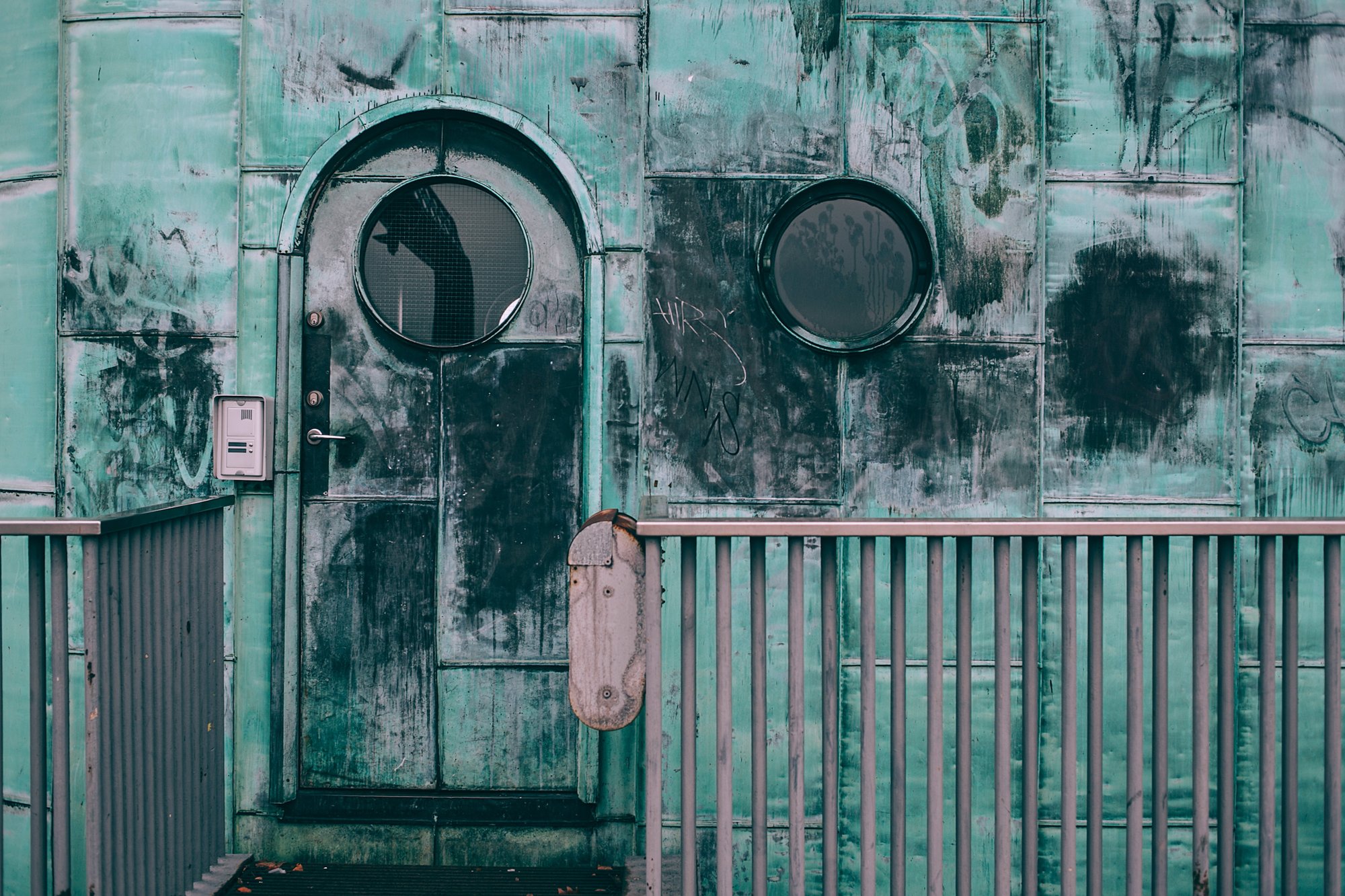
When it comes to purchasing a home, buyers often have different preferences. Some are drawn to turnkey properties, while others see the potential in a fixer-upper. If you're considering buying a fixer-upper, it's important to carefully weigh the advantages and disadvantages before making your decision. In this blog post, we'll explore both sides of the coin, so you can make an informed choice that suits your needs and budget.
Advantages of Fixer-Upper Homes:
1) Affordability: One of the primary advantages of a fixer-upper home is its affordability. These properties often come with a lower price tag compared to fully renovated or move-in ready homes in the same area. If you're working with a limited budget, a fixer-upper can provide an opportunity to enter the housing market or secure a larger property that might otherwise be out of reach.
2) Customization and Personalization: With a fixer-upper, you have the freedom to design and customize your home according to your tastes and preferences. From choosing paint colors to remodeling the kitchen, you can create a space that truly reflects your style and vision. This level of personalization can be immensely satisfying and rewarding, turning a house into your dream home.
3) Potential for Appreciation: Buying a fixer-upper in an up-and-coming neighborhood can be a wise investment. As you renovate and improve the property, its value may increase over time. By putting in the effort and investment upfront, you have the potential to build equity and enjoy a higher return on your investment in the future.
Disadvantages of Fixer-Upper Homes:
1) Renovation Costs and Time: It's important to be realistic about the costs and time involved in renovating a fixer-upper. Depending on the extent of the renovations needed, the expenses can quickly add up. From hiring contractors to purchasing materials, the costs can sometimes exceed initial estimates. Additionally, renovations can take longer than anticipated, causing inconvenience and delaying your move-in date.
2) Unexpected Issues: When dealing with older or neglected properties, there's a higher likelihood of encountering unexpected problems during the renovation process. These issues can range from electrical and plumbing problems to structural damage. It's crucial to conduct a thorough inspection and budget for contingencies to avoid any unwelcome surprises down the line.
3) Skills and Expertise: Renovating a fixer-upper requires a certain level of skill and expertise. If you're not experienced in construction or home improvement projects, you may need to rely on contractors or professionals to handle certain tasks. Hiring experts can increase the overall cost of the renovation, and it's important to find reliable professionals who understand your vision and deliver quality work.
Conclusion:
As you consider purchasing a fixer-upper, carefully evaluate the advantages and disadvantages outlined above. Assess your budget, available time, and willingness to tackle renovation challenges. If you're up for the task and see the potential in a property, a fixer-upper can be a rewarding investment. However, if you prefer a move-in ready home or have limited resources for renovations, it may be wise to explore other options.
Remember, buying a home is a significant decision, and it's essential to make a choice that aligns with your long-term goals. If you're ready to take on the challenge and create your dream home from scratch, a fixer-upper might be the perfect choice for you.
Are you ready to explore the world of fixer-upper homes? Contact us today to speak with one of our experienced real estate agents who can guide you through the process and help you find the perfect property to fit your needs and vision. Let's turn your renovation dreams into reality! Posted by Shawn Clayton on


Leave A Comment